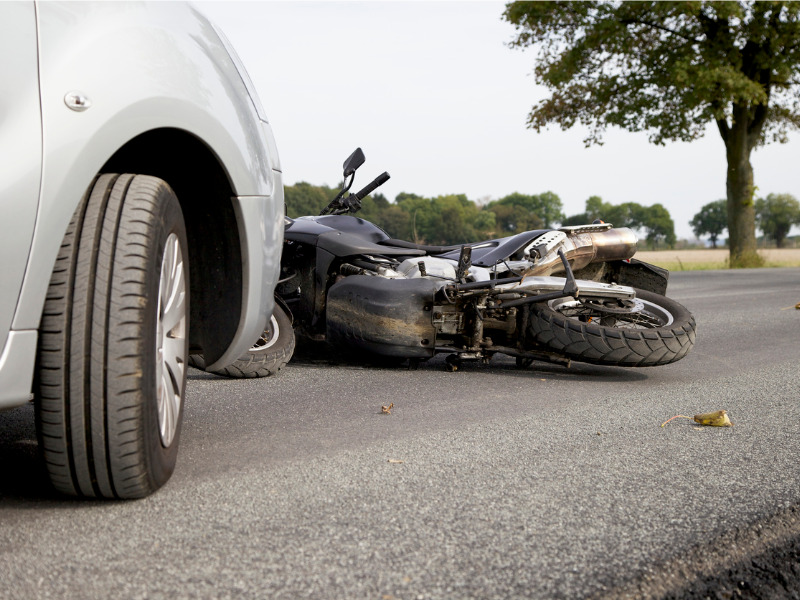Failure to tell an insurer about a new vehicle can mean trouble

A multiple-vehicle owner who failed to add a motorcycle to his insurance within a set time period is precluded from receiving benefits following an accident, said a Feb. 6 decision by Ontario’s Licence Appeal Tribunal (LAT) adjudicator Stephanie Kepman.
On Jun. 8, 2020, applicant Riley Sexsmith was struck by another vehicle while riding a 2003 Kawasaki Z1000 motorcycle, as detailed in Sexsmith v. Certas Home and Auto Insurance Company. He was denied certain benefits by the insurance company and submitted an application to the LAT.
Sexsmith worked as a mechanic and was riding the motorcycle to work at the time of the accident. It was the first time he’d ridden the vehicle.
Sexsmith owned several vehicles at the time of the accident and carried an insurance policy with Certas for a 2003 Yamaha WF450 and a 1976 Yamaha DT400. He also, held insurance with the Guarantee for a Subaru Impreza and a Ford F150.
Both parties agree the 2003 Kawasaki Z1000 ‘was not a described vehicle’ on his insurance policy with Certas or any other insurer.
The decision noted the Statutory Accident Benefits Schedule ‘is not required to pay an income replacement benefit, a non-earner benefit or [other benefits if] the person who was the driver of an automobile at the time of the accident knew, or ought to have reasonably known, that he was operating the automobile while it was not insured under a motor vehicle liability policy.’
While a section of the Ontario Automobile Policy does say a ‘new automobile will be insured so long as the owner informs the insurer within 14 days from the time of its delivery,’ the insurer claimed Sexsmith failed to report the motorcycle purchase within that timeframe.
The decision said the insurer claimed Sexsmith ‘did not provide evidence that this was within 14 days of his accident.’ It also noted, at the time of the accident, Sexsmith ‘had six or seven motorcycles and a small auto garage and repair shop in his home [and] that the applicant’s evidence showed that he stored the motorcycle for a few weeks in his home garage, while he waited for parts to repair it.’
Sexsmith testified remembering he bought the motorcycle on Facebook Marketplace between March and June of 2020 but did not recall the specific date. He indicated he was unable to transfer ownership of the motorcycle because Service Ontario outlets were closed due to COVID-19.
Further, based on the applicant’s cross examination, when the accident took place, he was riding the motorcycle to his employer’s business so he could sell it. The respondent acknowledged Sexsmith did order a used vehicle package from the Ministry of Transportation which did not contain a bill of sale.
“I agree with the respondent’s submissions that the applicant has not been able to demonstrate that his accident occurred within 14 days of the purchase of the motorcycle,” wrote Kepman in her decision. “I would have expected the applicant to provide copies of his Facebook messages and/or evidence of payment via a cash withdrawal or cheque to support his position. Instead, I was only presented with evidence from his cross-examination, which did not clarify the issue.”
What’s more, as a mechanic, she said, Sexsmith would be aware of insurance requirements in Ontario, including the need to notify his insurer about a new vehicle purchase within 14 days.
“Though there is some evidence that the applicant did order a used vehicle package from the Ministry, the evidence does not show when the applicant actually paid for the vehicle and received possession of it,” she added.
“Therefore, I find the applicant cannot proceed with his application.”
Feature image by iStock.com/Jamiga







